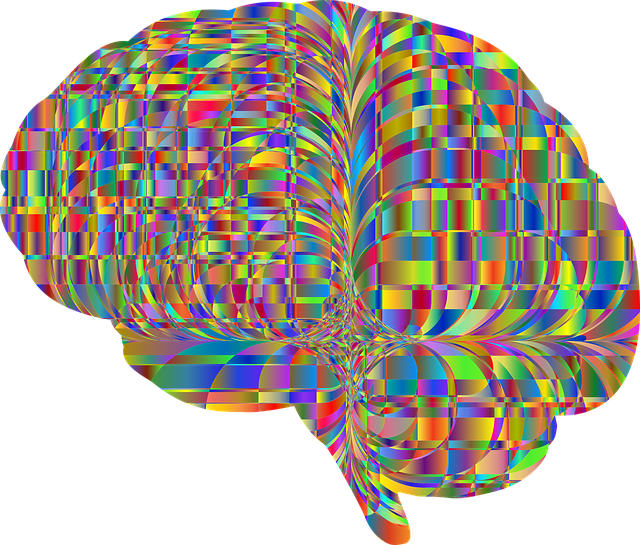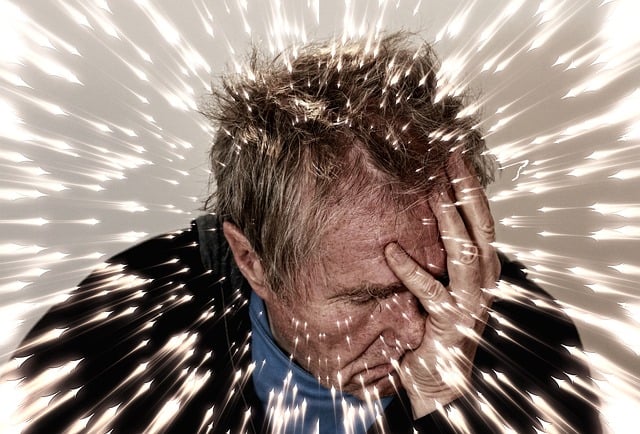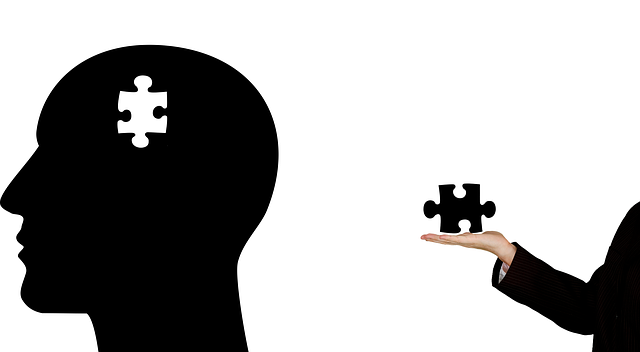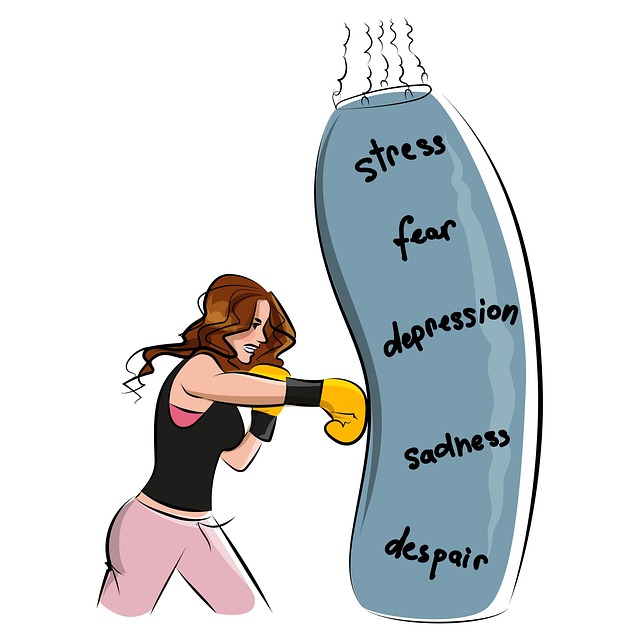In today's digital age, mental wellness apps are gaining popularity due to growing mental health concerns. These apps offer personalized therapy and self-care solutions, supplementing traditional methods like Boulder EMDR Certified Therapy. By incorporating features such as Self-Awareness Exercises, podcasts, goal-setting tools, mood tracking, and meditation guides, they cater to diverse user needs. Integrated with evidence-based approaches like Boulder EMDR, these apps enhance accessibility, inclusivity, and holistic mental wellness support.
In today’s digital age, mental wellness app development is revolutionizing access to mental health support. Understanding the growing need and market gap, this article explores integrating Boulder EMDR Certified Therapy into digital platforms. We delve into designing user-centric features that foster effective mental health management. By combining evidence-based practices with intuitive technology, these apps offer a personalized journey towards improved mental wellness. Discover how such innovations can make therapy more accessible and engaging for folks seeking support.
- Understanding Mental Wellness App Development: The Need and Market Gap
- Integrating Boulder EMDR Certified Therapy into Digital Platforms
- Designing User-Centric Features for Effective Mental Health Support
Understanding Mental Wellness App Development: The Need and Market Gap

In today’s fast-paced world, mental wellness app development has emerged as a crucial need to address growing concerns about mental health. With an increasing demand for accessible and personalized therapy solutions, there is a significant market gap that innovative tech companies are stepping in to fill. Mental wellness apps offer a convenient and discreet way for individuals to incorporate self-care practices into their daily routines, supplementing traditional therapy methods like Boulder EMDR Certified Therapy.
By integrating features such as Self-Awareness Exercises and engaging Mental Wellness Podcast Series Production, these applications cater to diverse user needs. The market demand reflects a growing awareness of mental health issues, with users actively seeking tools that promote self-improvement and emotional well-being. App developers have an opportunity to create effective solutions that bridge the gap between professional therapy and everyday self-care routines.
Integrating Boulder EMDR Certified Therapy into Digital Platforms

The integration of Boulder EMDR Certified Therapy into digital platforms is a significant step forward in mental wellness app development. This therapeutic approach, renowned for its effectiveness in treating trauma and stress-related disorders, can now reach a wider audience through innovative digital solutions. By incorporating certified therapy into apps, users gain access to evidence-based practices that promote healing and resilience from the comfort of their homes.
Such platforms not only offer personalized treatment plans but also facilitate real-time crisis intervention guidance, making them valuable tools in mental health policy analysis and advocacy. Moreover, these digital initiatives complement traditional therapeutic settings, enhancing overall accessibility and inclusivity in mental wellness support. Additionally, the production of a Mental Wellness Podcast Series can be integrated into app features, providing educational content and community building around topics related to emotional well-being.
Designing User-Centric Features for Effective Mental Health Support

In developing a mental wellness app, creating user-centric features is paramount to offering effective support for users’ mental health journeys. These apps should be designed with an understanding that every individual has unique needs and preferences when it comes to their well-being. Incorporating interactive elements like personalized goal-setting tools, mood tracking, and customizable meditation guides allows users to engage actively in their therapy. For instance, incorporating techniques like Eye Movement Desensitization and Reprocessing (EMDR) certified therapy can provide a powerful means of trauma support services within the app, catering to those seeking specialized care.
By integrating features that promote self-reflection and skill development—such as Mindfulness Meditation sessions tailored to different levels—users can build resilience in managing stress. The app’s interface should be intuitive, ensuring users find it accessible and enjoyable to use daily. This involves streamlining navigation, employing clear language, and offering regular feedback loops to gauge progress. A holistic approach that combines various therapeutic methods, including but not limited to Stress Management Workshops Organization resources, will enable the app to cater to a broader spectrum of mental wellness needs.
The development of mental wellness apps, especially integrating Boulder EMDR Certified Therapy, holds immense potential to bridge the gap in accessible mental health support. By combining evidence-based practices with user-centric design, these digital platforms can offer effective and personalized therapy experiences. The key lies in creating intuitive, engaging interfaces that cater to diverse user needs, ensuring privacy and security. With careful consideration and innovation, mental wellness apps have the power to revolutionize access to care, making professional support more inclusive and convenient for all.














